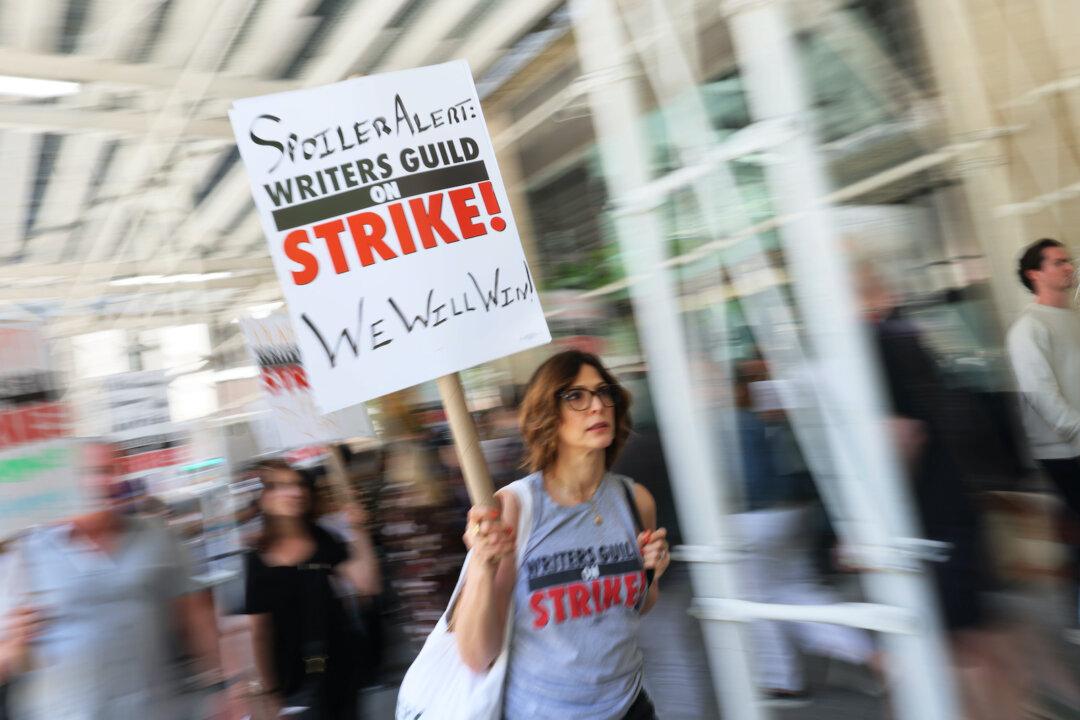The contract between the Screen Actors Guild-American Federation of Television and Radio Artists (SAG-AFTRA), representing 160,000 actors and personalities, and major television and film studios and streamers represented by the Alliance of Motion Picture and Television Producers (AMPTP) was set to expire at midnight of June 30, but the parties have agreed to an extension.
SAG wrote in a letter to its members that negotiations would continue with a July 12 11:59 p.m. PT deadline.





